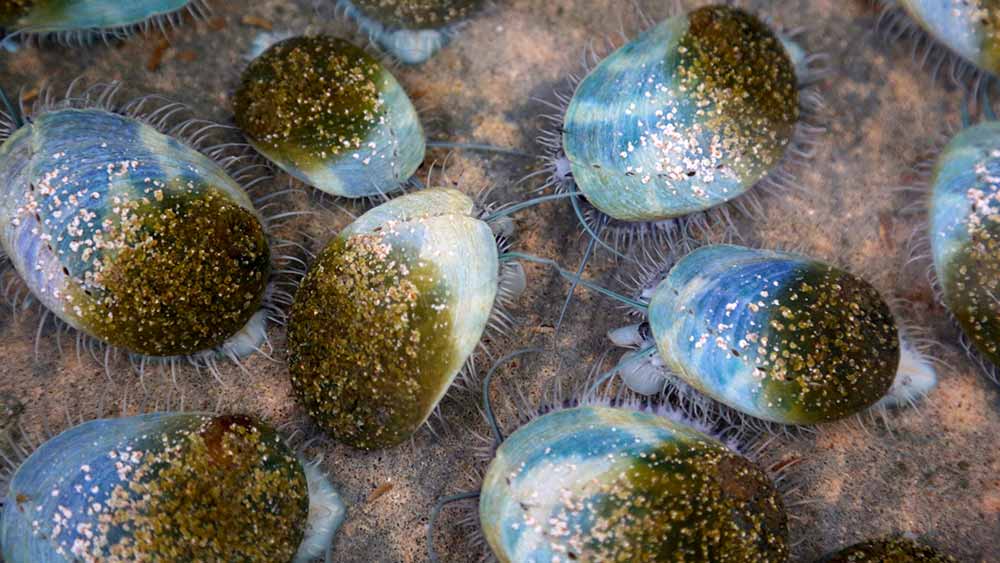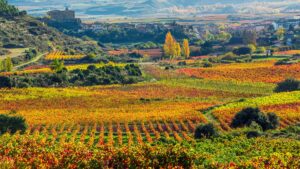Abalone farm could cause delays for Kangaroo Island Plantation’s new port

Abalone growing on a farm in South Australia. Pic: Getty.
When ocean currents flow from the west, Kangaroo Island Plantation Timbers can get to work on its new port.
But the proximity of a nearby abalone farm means that when the currents change direction, the South Australian plantation forestry manager will have to find something else for its harbour dredgers to do.
The timber company (ASX:KPT) wants to build a deep water port at Kangaroo Island’s Smith Bay — but initial coastal modelling uncovered the currents issue.
“The prevailing direction of these currents at Smith Bay is westwards,” the company said. So particles from dredging flow away from an abalone farm a few hundred metres from the proposed site.
But sometimes the wind and tides send the currents eastwards, meaning they’ll have to down tools.
“To avoid any adverse effects on the abalone farm, work would need to be conducted during periods when there was no significant eastwards currents, and with monitoring equipment in place. This is readily achievable,” they said.

Annoying the neighbours
To the East is Australia’s largest abalone farm run by Yumbah Aquaculture, which has been concerned about the impact of construction works on the abalone beds.
Yumbah says more than 20 years of daily observation of Smith Bay “clearly contradicts Kangaroo Island Plantation Timbers’ claims about tidal currents”.
“Yumbah – like many resident and business operators on Kangaroo Island – is curious to see the data supporting Kangaroo Island Plantation Timbers’ assurance to the Australian Securities Exchange that it can prevent adverse effects on Yumbah Aquaculture and the health of Smith Bay and its foreshore,” the company said.
The abalone business says that it doesn’t oppose expanded transport and export facilities on Kangaroo Island, but that multiple other sites are more fit-for-purpose.
Kangaroo Island Plantation Timbers has fallen foul of their neighbours and the government in March last year.
South Australia’s Department of Planning, Transport and Infrastructure issued a stop-work order because it said the company didn’t have the correct approvals to do investigative drilling as part of a development proposal for a new wharf.
Kangaroo Island Plantation Timber disputed that it didn’t have the necessary approvals.
Kangaroo Island Plantation Timber, which grows pine and eucalyptus on about 25,000 hectares on its namesake island, is Australia’s only listed timber company.
- Bookmark this link for small cap breaking news
- Discuss small cap news in our Facebook group
- Follow us on Facebook or Twitter
- Subscribe to our daily newsletter
On their website they specifically distance themselves from the infamous forestry managed investment funds of the 2000s.
Agri-investment schemes run by outfits such as Great Southern and Timbercorp collapsed by 2009 and saw investors lose thousands of dollars and rural communities left with unmanaged timber and gluts of products like grapes.
Kangaroo Island Plantation Timbers closed down 3 per cent on Friday to $2.23.
SUBSCRIBE
Get the latest breaking news and stocks straight to your inbox.
It's free. Unsubscribe whenever you want.
By proceeding, you confirm you understand that we handle personal information in accordance with our Privacy Policy.








